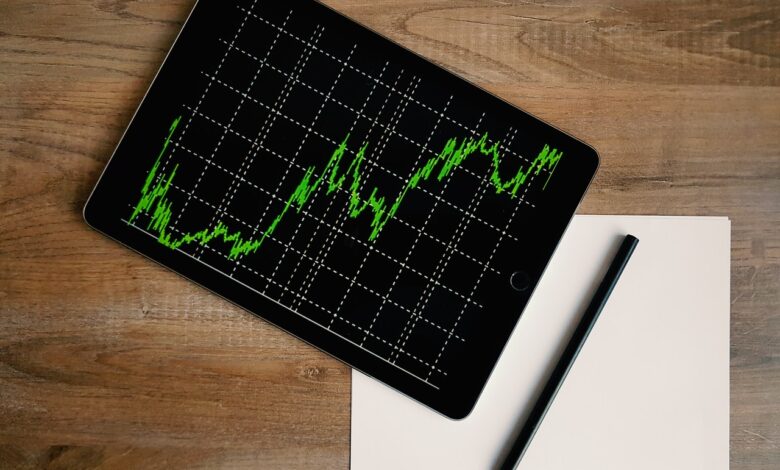Brokerage house trading fee in India

Many inexperienced traders using discount brokers in India often think they will only pay for brokerage fees and the stock to trade. But many other charges are levied by stock brokers when it comes to buying and selling shares, derivatives, and others.
While some of these charges such as brokerage fees are very popular, many traders and investors are not aware of the other charges. Brokerage charges vary from one broker to another and it also depends on the type and percentage of transaction you want to make.
Although brokers charge brokerage fees for the services they provide which include delivery, purchasing, consultation, and many more. However, with intense competition in the industry, the brokerage charges offered by many stock brokers has gradually decreased. Apart from the brokerage charges, stock brokers also charge additional charges and tax which includes
Stock trading fee
A stock trading fee is a brokerage fee paid by a trader when they buy or sell stocks. Traders and investors also pay commissions for selling and purchasing other investments.
Security Transaction Tax
This is one of the biggest charges paid by traders and investors during a trade. It is levied on both buying and selling of securities and also equal to 0.1% of your total transaction price. Security Transaction Tax for intraday is only charged when you sell the stock and the charges are equal to 0.01% for equity Futures.
Brokerage fee
Brokerage fee is a fee charged by stock brokers to traders for using their services. Stock brokers are divided into two and they are full-service brokers and discount brokers. While full-service brokers charge brokerage according to the percentage of trade amount, discount brokers on the other hand offer a flat fee brokerage.
Brokerage fee gives traders opportunities to access many tools provided by brokerage firms. These tools include research reports, trading platforms, and many more. It is also used by brokers to maintain the traders and investors trading account.
Stamp duty
Stamp duty is a charge levied by the state government of India and it varies from state to another. While some states charge higher stamp duty, others are considerate and charge a lower rate.
Stamp duty is charged on both buying and selling of stock while trading. This means it is charged on total transaction turnover. But in July 2020, the rule was changed and every state now pays the same stamp duty. For this, note that the new rate is on the buy side alone, not both sides.
Depository participant charges
Depository participant is the link between investors and depository. They are very important because investors can not approach a depository on their own. The depository is used to keep investors’ securities when they buy them and also offers other services which are related to the securities. The securities are secured in an electronic form and depository participants are charged a fixed amount for these services.
India offers two types of stock depositories and they are National Securities Depository Limited and Central Depository Services Limited. The depository participants are often the brokerage firm used by a trader. This means the depository will charge the brokerage firm and the firm will then charge investors.
Mutual fund transaction charges
Brokers often charge investors transaction fees when they buy and sell mutual funds. These charges vary from one broker to another and some brokers only charge investors when they want to purchase a mutual fund.
SEBI turnover charges
The Security and Exchange Board of India are responsible for regulating the security market in India. The board gives rules and regulations on security exchanges which makes it function properly. SEBI charges a transaction fee on both buying and selling in all securities except debt securities.
They also charge for futures, intraday, and option trading. The charges are between five to ten rupees per crore and the full details of the charges are provided to investors by stock brokers in a form of contract note.
Transaction charges
The transaction charge is a fee charged by a stock exchange when traders and investors use their platform. The charges are on both buying and selling during trading and the charges vary depending on the type of stock exchange used. While the National stock exchange charges a fee of 0.00325% of the total turnover. This is both on Equity and Delivery Trading as Transaction charges. Bombay Stock Exchange charges 0.003% of the total turnover on Equity and Delivery Trading as Transaction charges.
The bottom line
Brokerage house trading fee is an important part of trading and should never be ignored. Every trader should also understand each charge levied during trading and know how to avoid unnecessary charges. However, some charges can not be avoided especially when using trading software India.




